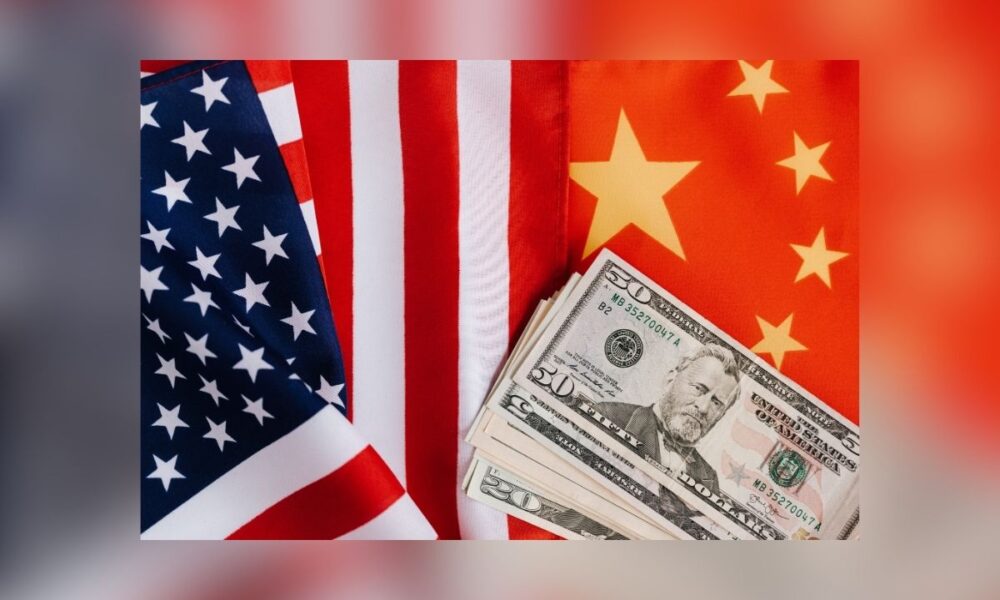President Donald Trump announced Tuesday that tariffs on Chinese imports will be cut from 20% to 10% after Beijing pledged to curb the export of fentanyl precursor chemicals to North America.
The move implements a key provision of the U.S.–China trade and fentanyl agreement as previously reported by The Dallas Express, which included Chinese commitments to tighten chemical export controls and expand U.S. market access.
The tariff reduction marks a potential breakthrough in combating the opioid crisis, which kills tens of thousands of Americans annually. Trump had previously doubled duties after Beijing failed to stem the deadly drug trade.
The new executive order, effective November 10, reverses Trump’s March escalation that raised duties from 10% to 20% on Chinese goods.
China committed to “stopping the shipment of certain designated chemicals to North America,” according to the order, and pledged stricter export controls on other chemicals worldwide.
Trump’s February executive order declared Chinese synthetic opioids an “unusual and extraordinary threat” to national security. The administration imposed the initial 10% tariffs to pressure Beijing into action.
When China failed to respond adequately, Trump doubled the penalty in March. Now Beijing’s promises have earned a reprieve.
The Department of Homeland Security will monitor China’s compliance with its commitments. Trump warned he may reimpose higher tariffs if Beijing fails to deliver.
The order directs federal agencies to modify tariff schedules by November 10. All Chinese products currently facing 20% duties will drop to 10%.
Trump’s move represents a carrot-and-stick approach to the fentanyl crisis, using economic pressure to force Chinese cooperation on drug enforcement.
Similar agreements under prior administrations have produced mixed results as traffickers adapt their methods. The move underscores Trump’s continued use of economic leverage to advance national security objectives.


